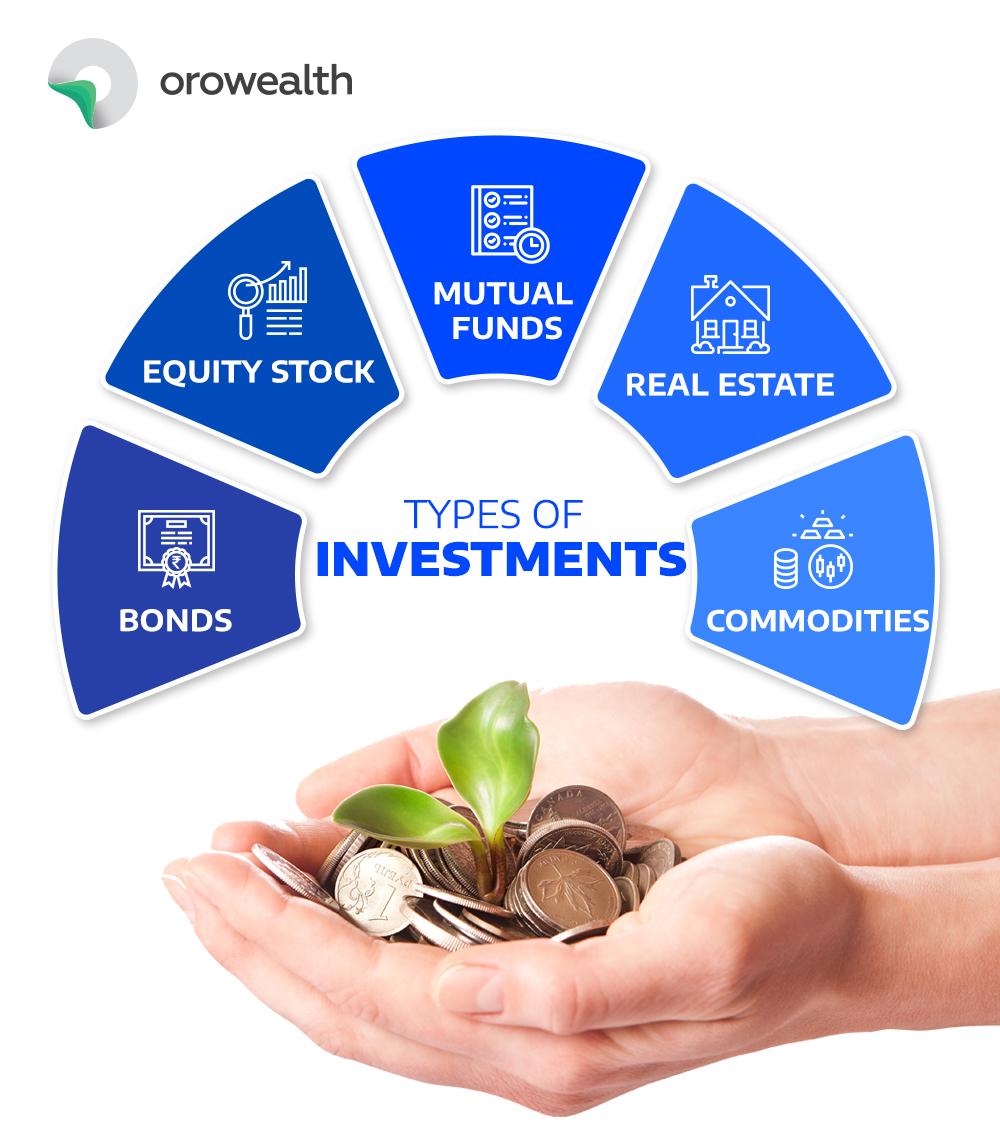
Investing Board Games: Learn, Strategize, and Build Your Financial Empire
Investing can often seem daunting, filled with complex jargon, unpredictable markets, and high stakes. Many individuals are hesitant to enter the world of finance, fearing potential losses or simply lacking the knowledge to make informed decisions. However, what if there was a fun, engaging way to learn the fundamentals of investing and develop strategic financial skills? Enter the world of investing board games – a captivating blend of entertainment and education that can transform your understanding of finance.
The Rise of Educational Board Games
Board games have long been a source of entertainment and social interaction. However, in recent years, there has been a surge in the popularity of educational board games that aim to teach players valuable skills and concepts. These games cover a wide range of subjects, from science and history to mathematics and economics. Investing board games fall into this category, providing a hands-on, interactive way to learn about financial markets, investment strategies, and risk management.
Why Investing Board Games? The Educational Benefits
Investing board games offer several key benefits that make them an effective learning tool:
-
Demystifying Finance: Investing board games break down complex financial concepts into simpler, more digestible terms. By simulating real-world scenarios, these games help players understand how different investment vehicles work, the factors that influence market behavior, and the importance of diversification.
-
Hands-On Learning: Unlike traditional textbooks or lectures, investing board games provide a hands-on learning experience. Players actively participate in the game, making decisions, analyzing data, and managing their virtual portfolios. This active involvement enhances retention and understanding.
-
Risk-Free Environment: Investing in the real world involves inherent risks, including the potential for financial losses. Investing board games, on the other hand, offer a risk-free environment where players can experiment with different investment strategies without fear of losing real money. This allows players to learn from their mistakes and develop a more informed approach to investing.
-
Strategic Thinking: Investing board games require players to think strategically and make informed decisions based on available information. Players must analyze market trends, assess risk, and plan their investments to maximize their returns. This process cultivates critical thinking skills and enhances decision-making abilities.
-
Financial Literacy: Ultimately, investing board games aim to improve financial literacy. By playing these games, individuals gain a better understanding of financial concepts, develop sound investment strategies, and become more confident in managing their finances.
Top Investing Board Games: A Diverse Portfolio
The world of investing board games offers a wide variety of options, each with its unique mechanics and focus. Here are some of the top investing board games that cater to different skill levels and interests:
-
Cashflow 101: Created by Robert Kiyosaki, the author of "Rich Dad Poor Dad," Cashflow 101 is a popular board game that teaches players about financial literacy, investing, and wealth building. The game simulates real-life financial situations, such as paying bills, managing debt, and investing in assets. Players learn how to escape the "rat race" by generating passive income and building a portfolio of income-producing assets.
-
Acquire: Acquire is a classic board game that challenges players to build hotel chains and acquire other hotels to become the wealthiest investor. The game involves strategic decision-making, negotiation, and risk management. Players must carefully consider their investments, anticipate market trends, and outmaneuver their opponents to maximize their profits.
-
Stockpile: Stockpile is a board game that simulates the stock market. Players act as insider traders, using their knowledge of market trends to buy and sell stocks. The game involves elements of risk management, strategic thinking, and negotiation. Players must carefully analyze market information, anticipate competitor actions, and manage their portfolios to achieve the highest returns.
-
Power Grid: Power Grid is a strategic board game that focuses on resource management and energy production. Players compete to build and operate power plants, purchase resources, and supply electricity to cities. The game involves elements of economics, supply chain management, and strategic planning. Players must carefully manage their resources, anticipate market fluctuations, and optimize their operations to become the most successful energy provider.
-
Ticket to Ride: While not strictly an investing game, Ticket to Ride involves strategic route planning and resource management. Players collect train cars and claim railway routes to connect cities across a map. The game requires players to analyze the board, assess risk, and plan their routes to maximize their points.
-
7 Wonders: In 7 Wonders, players develop a civilization over three ages. They gather resources, construct buildings, and advance in science and military. The game involves strategic decision-making, resource management, and economic planning. Players must carefully manage their resources, anticipate competitor actions, and develop their civilization to achieve the highest score.
Beyond the Game Board: Applying Lessons to Real-World Investing
While investing board games are a fun and engaging way to learn about finance, it’s essential to remember that they are simulations. The real world of investing is far more complex and unpredictable. However, the lessons learned from playing these games can be applied to real-world investing in several ways:
- Understanding Financial Concepts: Investing board games provide a solid foundation in financial concepts, such as asset allocation, diversification, and risk management. This knowledge can help individuals make more informed investment decisions in the real world.
- Developing Strategic Thinking: Investing board games encourage strategic thinking and decision-making. This skill can be applied to real-world investment scenarios, helping individuals analyze market trends, assess risk, and develop sound investment strategies.
- Managing Risk: Investing board games teach players about risk management. This knowledge can help individuals understand the potential risks associated with different investments and develop strategies to mitigate those risks.
- Building Confidence: Investing board games can help individuals build confidence in their financial knowledge and abilities. This confidence can empower them to take control of their finances and make informed investment decisions.
Conclusion: Invest in Your Financial Education
Investing board games are a valuable tool for anyone looking to improve their financial literacy and develop strategic investment skills. Whether you’re a seasoned investor or a complete beginner, these games offer a fun, engaging way to learn about finance and build your financial empire. So, gather your friends and family, roll the dice, and embark on a journey to financial literacy and strategic investing. Investing in your financial education is an investment that will pay dividends for years to come.



